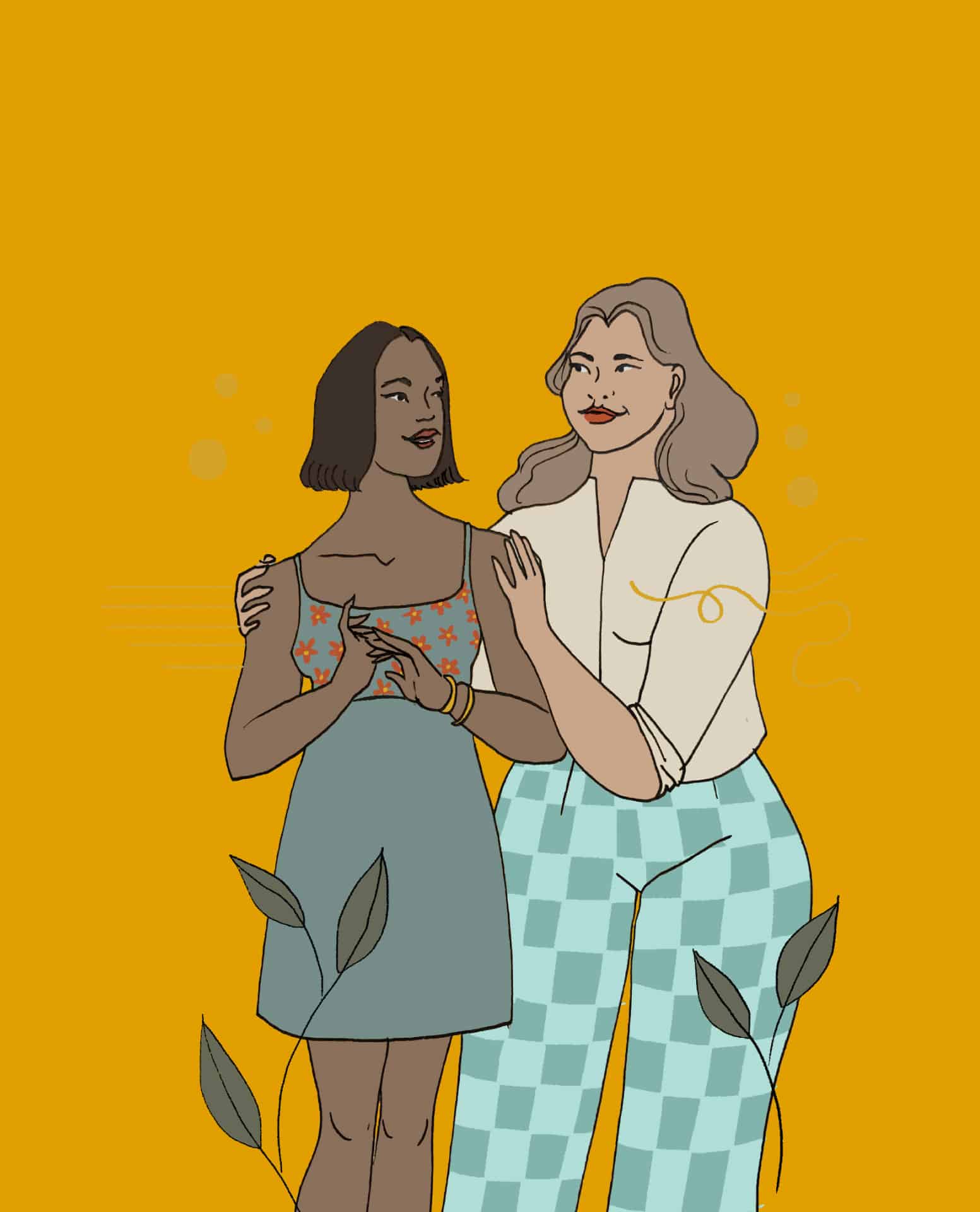The most obvious sign that your ovaries are no longer functioning in the same way, is that your periods become irregular or they may stop altogether. With that, menopause symptoms may also begin, but often many women don’t initially realize what’s causing their symptoms.
If you are under the age of 40 and your periods stop, you may be diagnosed with a condition called primary (also known as premature) ovarian insufficiency (POI).
Around 1 in 100 women are thought to have POI.
POI may also be called an ‘early’ menopause, though the actual medical definition of an early menopause is when menopause happens between 40-45 years. Remember, menopause is when you go 12 months in a row without having a period.
The signs, symptoms and implications of POI and early menopause are basically the same. POI is more serious than just not having periods. It’s a health condition with long term implications for your fertility and also for the strength of your bones, your heart and your blood vessel health. It requires specialist treatment such as hormone therapy (HT) and fertility support if you plan on having a baby.






